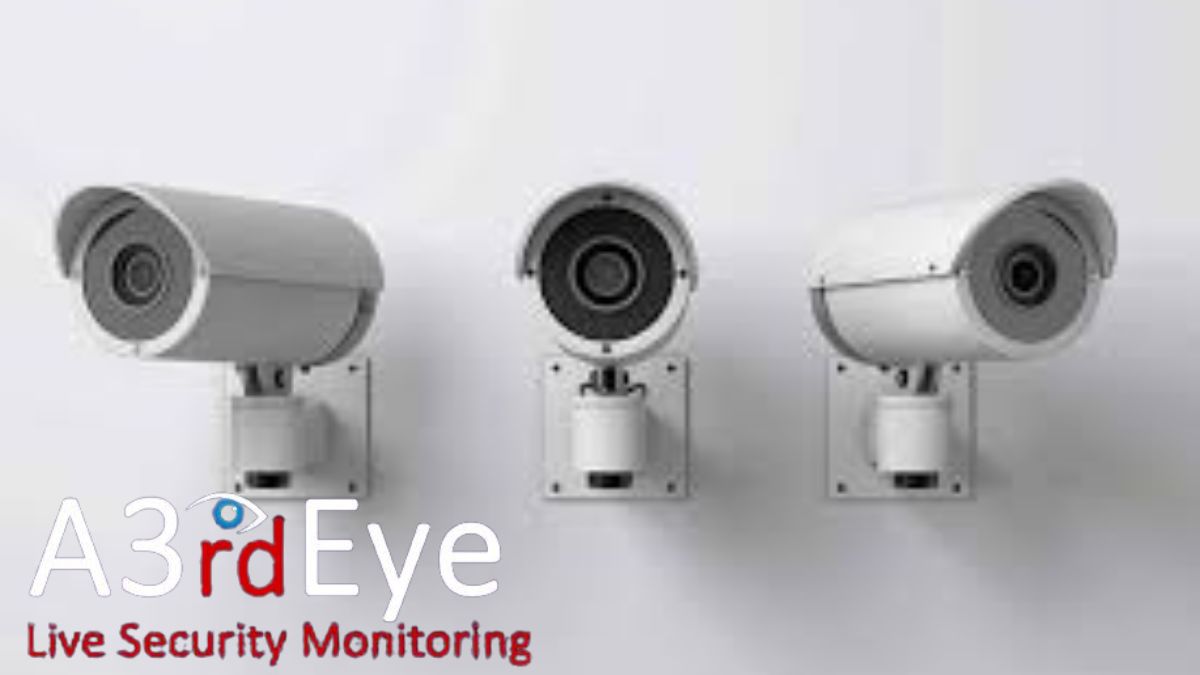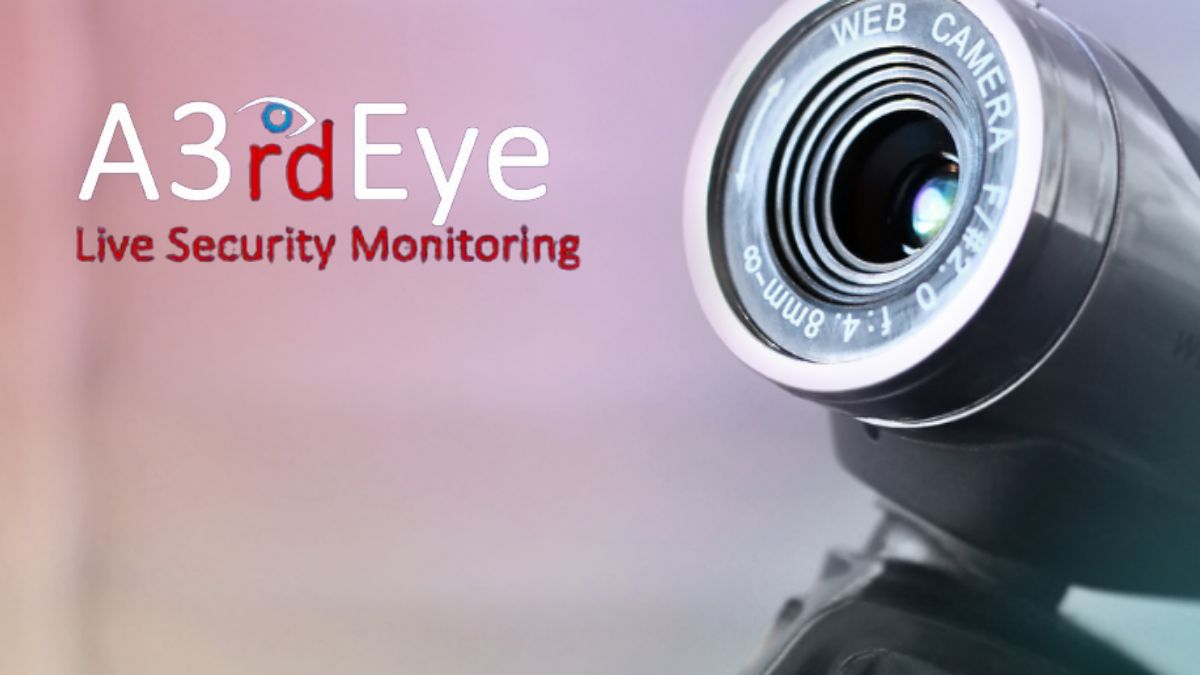
Security Camera Jobs: Ensuring Safety
Security Camera Jobs Ensuring Safety As a deterrent to criminal activity and an aid in keeping the public safe, security cameras have become a common sight in modern life. They keep an eye on everything at all times, recording film that can be used by police to solve crimes. Security cameras, with their ability to record and transmit video, have become an indispensable feature of today’s state-of-the-art surveillance systems.
The Function of Security Camera Experts
Experts in the field of security cameras plan, set up, maintain, and fix any problems that may arise with the systems they oversee. They make sure cameras are set optimally for coverage, check the system frequently, and fix any bugs they find. These professionals consult extensively with customers to determine their unique requirements for security and then develop tailored strategies to meet those demands.
Qualifications and Experience Necessary
Expertise in Related Fields
Professionals working with security cameras must have a high level of technological expertise. They need in-depth knowledge of video surveillance technologies such cameras, networks, and management programmes. In addition, you won’t get far without being familiar with IP cameras, CCTV systems, and access control systems.
Familiarity with Safety Measures
Professionals working in the field of security cameras must have an in-depth understanding of security systems. They need to know how to use various forms of security equipment, such as alarms and motion detectors. Professionals can provide comprehensive security solutions if they are aware of how these technologies interact with surveillance cameras.
Capacity for Effective Communication and Problem Solving
Professionals in the field of security cameras need strong interpersonal and analytical abilities. A lot of their work involves coordinating with customers, other technicians, and outside parties. Meeting client expectations and swiftly resolving issues are both the result of clear and effective communication.
Uses for Surveillance Cameras
Security camera systems require the hands-on expertise of 3.1 Installation Technicians, who are in charge of erecting cameras and wiring them into place. They set up the cameras, run the cables, and set up the networks. These experts guarantee the cameras are set up and positioned properly for maximum surveillance.
Integrators of Complex Systems
When it comes to assembling a comprehensive security infrastructure, system integrators are indispensable. They provide a unified security infrastructure by connecting cameras to other devices like alarms and access control systems.
Technicians in Maintenance
Specialists in preventative maintenance are accountable for keeping surveillance cameras in working order at all times. They make sure the cameras are functioning at their best by performing routine checks and fixing any problems that may arise. Repairs and enhancements may also fall under the purview of these specialists.
Managers,
Managers of the security system are in charge of keeping an eye on all of the cameras. When an event occurs, they review CCTV footage and update policy accordingly. These experts are crucial to the success and efficiency of any surveillance camera system.
Training & Instruction
Accreditation and Degree Options
Having a degree isn’t necessarily necessary, although it can be helpful to have one in a related discipline like computer science or electrical engineering. A person’s credibility can be bolstered by earning accreditation from recognised bodies like the Security Industry Association (SIA).
Instructional Experience
Many people who work with security cameras learn their trade on the job. They can learn more about the various camera systems and get some hands-on experience by working with seasoned technicians.
Lifelong Education and Workplace Improvement
Security camera experts need to constantly learn and enhance their skills to keep up with the rapidly developing industry. Professional development requires keeping abreast of developments in one’s field through activities such as attending workshops and conferences.
Progression and Possibilities in One’s Profession
Growth Potential and Job Prospects
Security camera technicians will likely be in high demand during the next few years. There will always be a high demand for qualified technicians to set up and maintain surveillance systems as safety becomes a higher priority for organizations, governments, and individuals.
Possibilities for Promotion
Professionals in the security camera industry have a number of options for furthering their careers. They can go to management, focus in a subfield like video analytics or cyber security, or even go into business for themselves.
Regulations and best practises in the industry
Implications for Law and Morality
When installing surveillance systems, experts in the security industry must follow all applicable laws and ethical codes. They need to make sure that cameras are only used for their intended purposes, that local rules and regulations are followed, and that people’s privacy is protected.
Arivacy and Data Protection Laws, Section 6.2
With the proliferation of surveillance cameras comes the need for trained personnel familiar with privacy and data protection regulations. In order to protect the gathered data and guarantee compliance with relevant rules, they should put in place suitable security measures.
Obstacles and Long-Term Trends
Evolving Along with Technology
The innovation rate of security camera technology is really high. Higher quality cameras, cloud-based storage options, and sophisticated video analytics are just a few examples of recent developments that professionals in this sector need to be aware of.
Issues of Cybersecurity and Privacy
The possibility of cyberattacks and unauthorized access rises as more and more surveillance cameras are connected to one another. Cybersecurity precautions, such as safe network setups, updated software, and robust encryption techniques, must be prioritized by experts working with security cameras.
Combining AI with Existing Systems
An up-and-coming development in the field is the use of AI in conjunction with surveillance cameras. By automatically recognising and alerting to suspicious activity, lowering false alarms, and offering important insights from the collected data, security systems can benefit greatly from video analytics powered by artificial intelligence.
Final Thoughts
Jobs involving security cameras are essential to the protection of many different settings. Professionals in this industry, ranging from installation specialists to security managers, take part in all aspects of surveillance system creation, deployment, upkeep, and administration. Security camera technology is in high demand, creating excellent job prospects for qualified candidates, including access to training and development resources.
Normal Questions and Answers
Exist many job openings related to security cameras?
The rising need for protection and security has led to a boom in the security camera industry. Professionals with experience setting up and maintaining surveillance equipment are projected to be in high demand.
What are the most important qualities in a security camera expert?
Professionals in the security camera industry need to be well-versed in security systems, have a firm grasp of networking and camera technology, and possess strong communication and problem-solving skills.
The average time to become an experienced security camera technician is 9.3 years.
How long it takes to become a security camera technician depends on the individual and the curriculum they choose to pursue. Some experts learn their trade on the job, while others invest several months or years into a degree or certification programme.
How much do people typically make and what are the job prospects like in this industry?
Security camera professionals can earn anywhere from $40,000 to $60,000 annually, on average, depending on their experience, education, and employer. However, with an ever-increasing need for such experts, job prospects are looking bright.
What should I do to get started in the field of security camera jobs?
Security camera employment can be entered into after acquiring the necessary education, on-the-job training, and/or certifications. Gaining a solid grounding in technical knowledge and keeping up with developments in the business are great ways to get your foot in the door.

Security Camera Jobs Ensuring Safety

